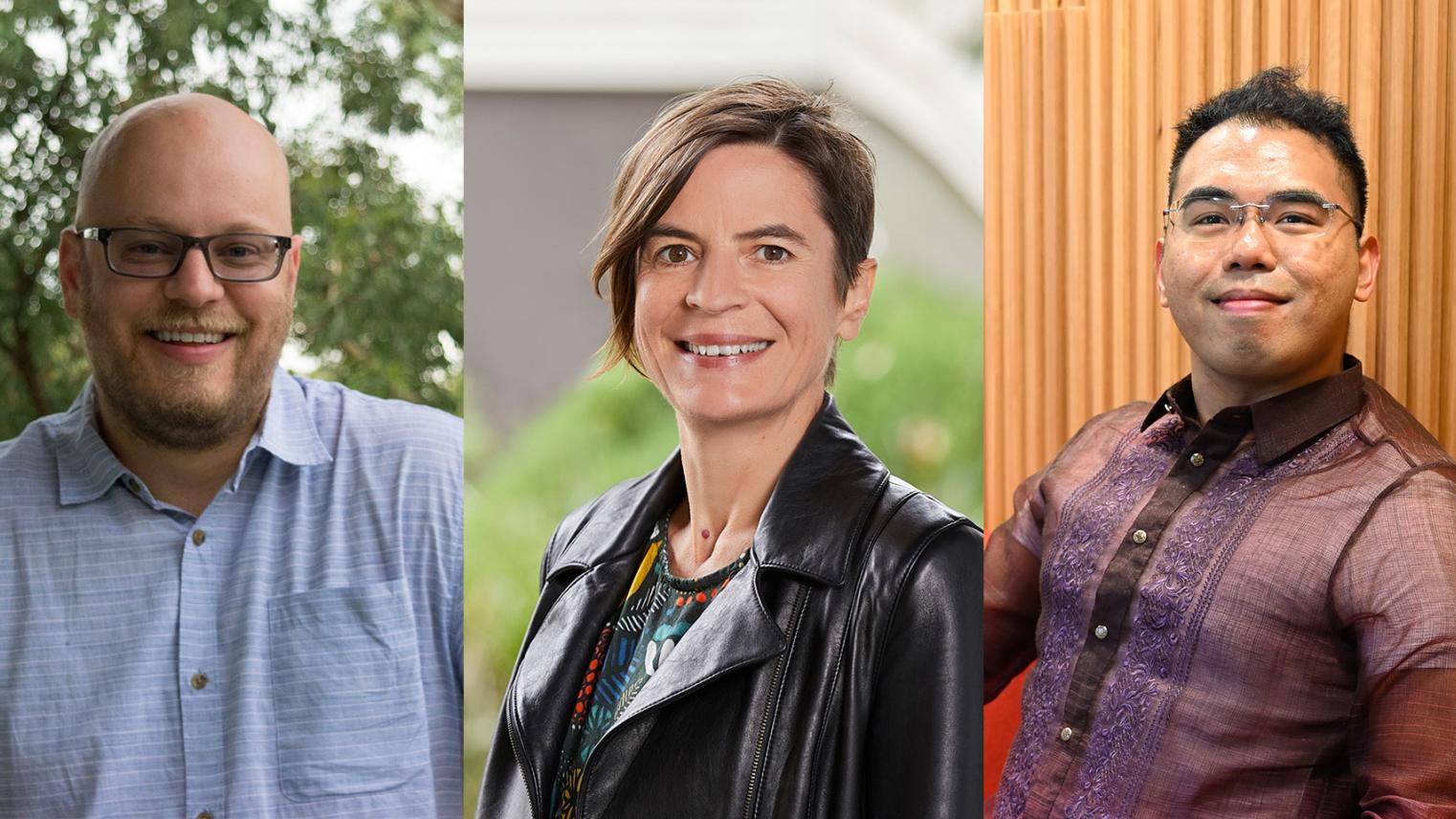RegNet scholars awarded APIP grant for innovative research initiatives

Congratulations to Dr Aleks Deejay, Associate Professor Lia Kent and Dr John Noel Viaña on their Asia Pacific Innovation Program (APIP) grant. We look forward to their relevant contributions to regulation and governance research across various sectors.
The shaping of approaches and understandings of space capability: Perspectives and lessons from Tonga – Aleksandar Deejay
There is currently a need to better understand the extent global and local contexts help shape the approaches and views of space activity and technology for developing space economies. To help address this gap in our understanding this project will interview Tongan decision-makers and stakeholders on how the country perceives and navigates the current climate of space governance, and specifically that of satellites. It will also examine how global contexts such as the increased presence of commercial actors and climate change, as well as local contexts such as Tongasat and the Tonga-Hunga Ha'apai (HTHH) volcano eruption, are defining views and approaches towards space activity and space technology.
Innovative approaches to missing persons: lessons from Bougainville – Lia Kent
Bougainville experienced a large-scale violent conflict linked to demands for local control of mining resources, resulting in up to 20,000 deaths. Although the conflict ended in 1998 with a peace agreement, the whereabouts of many deceased and missing persons remains unresolved, leaving families and communities to deal with ongoing uncertainty. The International Committee of the Red Cross (ICRC) is collaborating with Bougainvillean authorities and communities to develop an innovative response to the missing, incorporating customary practices of communicating with the spirit realm. This project will assess this response, generating valuable insights for scholarship and practice. It will also form the basis of an ARC Linkage Project application in 2025. The project's findings will enhance the work of the ICRC and Bougainvillean authorities and inform global policy and scholarly debates on innovative approaches to addressing missing persons in post-conflict contexts.
Embedding ethics in the governance of transnational health research – John Noel Viaña
The growing health threats from novel infectious diseases and environmental catastrophes highlight the need for greater international cooperation to develop cross-border solutions. Many low- and middle-income countries (LMICs) face resource and research infrastructure limitations, underscoring the role of high-income countries (HICs) in supporting research initiatives to address health disparities. However, tackling global and regional health issues requires more than just collecting data from and testing interventions in LMICs. Postal and parachute research practices, which involve brief visits to collect samples or trial treatments, need to be challenged in favour of collaborative models that build local capacity. To achieve equity in transnational research, it is important to understand how research contexts, local and transnational modes of scientific governance, and financial and infrastructural asymmetries shape collaboration practices. Thus, this project will map actors in transnational health research governance and explore ways to integrate ethics and equity into their practices, focusing on collaborations between scientists in Southeast Asia and Australia.